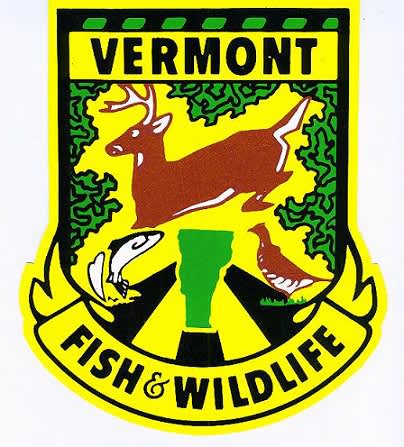Preliminary Reports Indicate Slight Rise in Number of Deer Harvested During Rifle Season
OutdoorHub 12.06.12

Preliminary reports received from 140 agents throughout Vermont indicate this year’s rifle season harvest total is slightly higher than the average for the previous three years, according to the Vermont Fish & Wildlife Department.
As of December 4, 2012, with numbers still coming in, it was reported that hunters harvested 4,897 deer during the November rifle season. The average harvest as of this date for the previous three years was 4,867 deer. Final numbers will be tallied after all reports have been turned in and the information has been reviewed for accuracy.
Archery harvest totals are also up slightly to 2,915, compared with an average of 2,484 deer reported on the same date over the last three years. Results for youth weekend are still being tallied, but appear to be at or above the previous three year average. Vermont’s whitetail population is healthy, and the antler restriction that started in 2005 has resulted in more numerous and older bucks in the deer population.
“Hunters this year saw the benefits of managing for deer herd health,” said Adam Murkowski, deer biologist for the Vermont Fish & Wildlife Department. “Preliminary analysis has shown that not only are more deer being harvested this year but the physical condition of these deer is indicative of a healthy and robust population.”
Harvest results will not be complete until all agents send in their reports after the muzzleloader and second archery seasons end on December 9.
A detailed annual deer harvest report will be available on the department’s website (www.vtfishandwildlife.com) by early March. You can read previous reports on the department website under “Hunting and Trapping,” by clicking on “Big Game” and then on “Big Game Harvest Reports.” The reports contain information hunters need to understand the health of their deer herd and provides information on making informed harvest decisions
“Hunters shouldn’t stop thinking about deer just because Vermont’s hunting seasons are coming to a close,” added Murkowski. “Hunters wishing to know what steps they can take to improve the areas they hunt for deer should visit the department’s website and the Big Game Harvest Report for more information on deer herd management.”
Hunters continue to provide the means for managing Vermont’s white-tailed deer populations across the state. Post-hunt deer densities in most regions of the state remain at levels within management objectives set in Vermont’s big game plan for 2010–2020, which is also available on the department’s website.
There are regions in the state where some people feel there are either too many or too few deer. Deer management will always be a balancing act and require a continuous series of corrections to keep Vermont’s deer populations abundant, but not overabundant, for all Vermonters to enjoy now and in the future. Vermont’s annual deer hunt yields more than 800,000 pounds of local, nutritious venison worth millions of dollars in food value alone.

